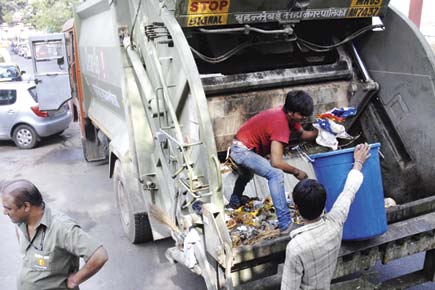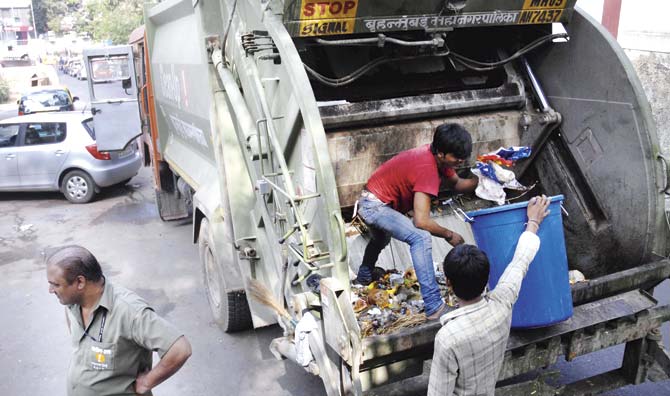The state government has decided to employ the technical skills of engineering students in planning and implementation of various plans for sewage disposal, water distribution, roads, afforestation and others

From the coming academic session, the students of engineering colleges in the state will have a say in planning and implementation of state-run infrastructural and socio-economic development schemes such as sewage management, waste disposal, water distribution, road construction, employment guarantee, afforestation and preparation of annual budgets for such programmes.
ADVERTISEMENT

In Mumbai, Thane and surrounding areas, the engineering students will be given the task of evaluating civic waste management and sewage disposal schemes
The students will be asked to conduct research and social audits, and also evaluate ongoing schemes for a result-oriented implementation. The higher and technical education department issued a government resolution (GR) to this effect on Tuesday, through which it has constituted a high-powered task force to prepare a road map for the collaborative effort.
The director of technical education, Dr S K Mahajan, will lead the 11-member task force that also includes Milind Sohoni, chair professor of the Centre for Technology Alternatives for Rural Areas, IIT-Bombay, and senior experts from the departments of water resources and sanitation, vocational training, tribal welfare, public works, and officials from the CM’s office.
Tapping into skills
The initiative is being taken as part of the state government’s efforts to tap into the huge pool of technical students, and acquaint them with on-ground realities of planning, evaluation and implementation of government schemes.
According to the GR, Sohoni had advised Chief Minister Devendra Fadnavis, through a presentation in March, to focus on the collective strength of students for conducting research into social and infrastructural issues, so that they could recommend measures to better the lives of the people (see box).
In the Mumbai Metropolitan Region (MMR), for instance, the students will be tasked with evaluating civic waste management and sewage disposal schemes. While exact modalities are yet to be worked out, some colleges may be offered these tasks in the form of projects.
The task force has been asked to formulate a methodology for selecting engineering institutes who will be part of this programme, and also assess the requirement of funds and the sources for generating these funds. The proposal also includes internship programmes for all students of around 850 degree and diploma engineering colleges in the state.
The GR also says that the students of other professional courses will be part of the internship programme, but it does not specify as to how the students pursuing degree/diploma courses in pharmacy, business management, architecture and computer applications will be accommodated in important activities that the engineering students will be part of. All other professional courses, too, are governed by the technical education department.
 Subscribe today by clicking the link and stay updated with the latest news!" Click here!
Subscribe today by clicking the link and stay updated with the latest news!" Click here!






